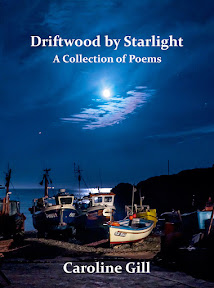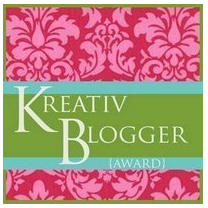Professor Lewis Turco's work, The Book of Forms, is now available in its 4th Edition, published by the University Press of New England. This new 'revised and expanded edition' has as its subtitle, A Handbook of Poetics Including Odd and Invented Forms.
A copy of the third edition (published in 2000) has long been my constant poetry companion. I have learned so much about what Professor Turco calls 'the elements of poetry', comprising 'levels of language usage'. I have been fascinated by the plethora of covered forms, from one line adonics to 210 lined sonnets redoubled.
The latest edition contains all these features plus added extras in the guise of 'odd and invented forms'. If I home in on British contributions for a moment, you will find a description of Dr Marc Latham's Folding Mirror Poetry, with an example by Claire Knight and a second one by yours truly. Crossing the Severn and moving on into Wales, you will discover a most inventive, if somewhat discordant, form called The Clang, developed by Llewelyn Hugh Nicholas of Swansea's 'Tuesday Poetry' group. If this form reminds me of anything, I suppose it would be the poem, 'Denial' by George Herbert, but this is just a personal hunch. I can vouch for the fact that The Clang is a fun form to try.
Lewis Putnam Turco is an emeritus professor of English. He was the founding director of the Cleveland State University Poetry Center and of the Department of Creative Writing at the State University of New York College at Oswega. The new edition, with sample poems by established names like Robert Frost and newer names like Greg Pincus, can be purchased from UPNE: the details can be found here. You can read the reviews on Amazon here.
In these days when 'form' in poetry is not always a prized word, I find it encouraging to know that there is popular global demand for clear explanations about the numerous different styles of poetry. We owe a huge debt of gratitude to writer-editors like Professsor Turco, not forgetting movements such as Dr. H. Tulsi's 'World Renaissance for Classical Poetry', which was founded in Visakhapatnam, India. Many of us enjoy the challenge of experimenting with word and structure.
In drawing these thoughts to a close, I would also wish to express my thanks to those who create these new forms for us to enjoy. For after all ...
"It can be argued that to invent a verse-form which becomes immortal,
living on in the works of future poets and in other languages,
is one of the greatest achievements possible for a poet ..."
, 'Acumen', issue 71 (Sept 2011), p.71
For reference
- Professor Lewis Turco's blog
- Dr Marc Latham's Folding Mirror Poetry site
See also:
- Feature on Folding Mirror Poetry on the Writing Tips for Better Writing site
- This recommendation: I certainly second the hardback for ease of use!












8 comments:
Writing poems and understanding the mechanics have always been a mystery. Lewis Turco's Book of Forms has been a great help and very much appreciated. For more reviews, visit http://upne.blogspot.com/2012/01/review-by-nicolas-tozier-book-of-forms.html
The above link can be accessed here. My thanks to UPNE for the comment.
Great post Caroline. Congratulations on having your poem included, and thanks for your expert advice while establishing the Folding Mirror poetry form.
Hi Caroline. I am here as promised. Thank you so much for sharing this link to Lewis Putnam Turco's book. I must check that out as well. I have a writer's group that I meet with every Monday night where I have already shared FMP with them. We have a special Monday each month where we only talk about poetry.
I wish I could join you, Ledia, on one of those Mondays! We had our Ipswich Poetry Cafe last night, and a good time was had by all.
Where do you meet, Caroline? I am near Houston, Texas.
In Suffolk, UK, Ledia ... though I have just come back from a visit to Philadelphia and New York!
I have yet to visit the UK, but I hope someday to do so. Several years ago I did live in Pennsylvania though.
Post a Comment